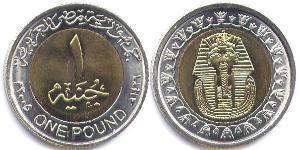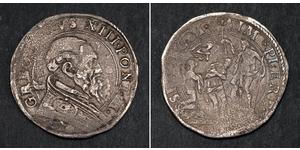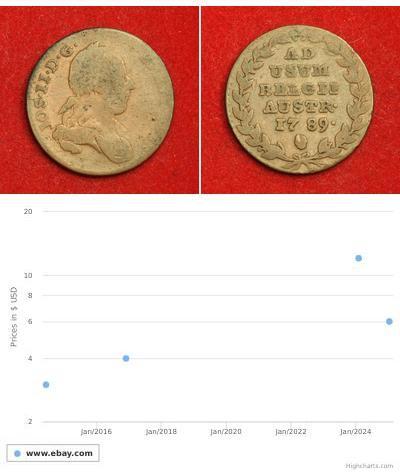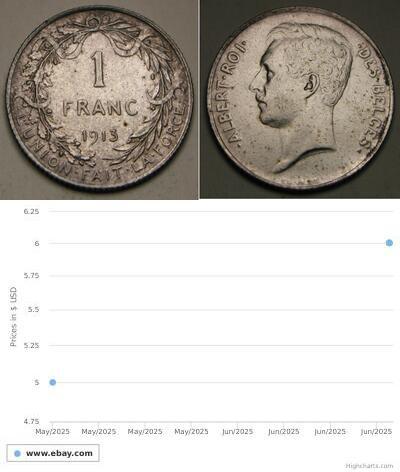1 Altin
1807, Turkey (Ottoman), Sultan Mustafa IV. Gold Altin Coin
Mint Year: 1807
Reference: KM-546.
Denomination: Sultani Altin
Diameter: 20mm
Material: Gold!
Weight: 3.2gm
Obverse: Tughra (calligraphic state seal of the Sultan).
Reverse: Regnal year (1) above mint formula of the Constantinople mint and date of accession (AH 1222).
Altın is a Turkish word meaning “golden” (comparable to Mongolian “altan”). It is also a common surname.
Mustafa IV (/ˈmʊstəfə/; Ottoman Turkish: مصطفى رابع, romanized: Muṣṭafâ-yi râbiʿ; 8 September 1779 – 16 November 1808) was the sultan of the Ottoman Empire from 1807 to 1808.
Mustafa ascended to the throne after the deposition of his cousin, Selim, on 29 May 1807. He came to the throne in the wake of the turbulent events that led to the fatwa against Selim for “introduc[ing] among the Muslims the manners of infidels and showing an intention to suppress the Janissaries”. Selim fled to the palace, where he swore fealty to his cousin as the new sultan, and attempted to commit suicide. Mustafa spared his life by smashing the cup of poison that his cousin attempted to drink.
Mustafa’s brief reign was turbulent. Immediately upon ascending to the throne, the Janissaries rioted throughout Constantinople, looting and murdering anyone who appeared to support Selim. More threatening, however, was a truce signed with the Russians, which freed Mustafa Pasha, a pro-reformist commander stationed on the Danube, to march his army back to Constantinople in an effort to restore Selim. With the aid of the Grand Vizier of Adrianople, the army marched on the capital and seized the palace.
Sarıbeyzade Aleko, the interpreter of Fenerli Divan-ı Hümayun, was executed on 11 September 1807 because he was involved in spying on government affairs that were not related to his job. It was written on the label hanging around his neck that he gave state secrets to the enemy. This execution strained relations with France. French envoy Sebastiani protested the execution of Aleko, who was under the patronage of the government by going to Babıali. After the cease-fire agreement signed in the Russian lada and the turmoil in the Silistra army, the Ottoman troops returned to Edirne, who had no army character[clarification needed] left.
Meanwhile in Istanbul and Edirne, after a long winter with severe frosts, shortages and wood shortages were experienced. Troops starved and the cadre of Edirne was devastated. Soldiers were asked to dispatch soldiers from the provincial governors, until only a small number of soldiers had come from a few places near Istanbul such as Izmit and Şile. The pro-New Order protestors in Anatolia and Çapanoğlu Süleyman Bey, in the first place, had cut all kinds of aid towards Istanbul.
Attempting to secure his position by positing himself as the only surviving heir of Osman, Mustafa ordered both Selim and his brother Mahmud murdered at Topkapı Palace in Constantinople. He then ordered his guards to show the rebels Selim’s body, and they promptly tossed it into the inner courtyard of the palace. Mustafa then ascended his throne, assuming that Mahmud was also dead, but the prince had been hiding in the furnace of a bath. Just as the rebels demanded that Mustafa “yield his place to a worthier”, Mahmud revealed himself, and Mustafa was deposed. The failure of his short reign prevented the efforts to undo the reforms, which continued under Mahmud.
(3205 X 1499 pixels, file size: ~898K)
Posted by: anonymous 2024-03-12
Untitled Document 1807, Turkey (Ottoman), Sultan Mustafa IV. Gold Altin Coin. 1-Y Type! PCGS MS61! Mint Year: 1807 Reference: KM-546. Denomination: Sultani Altin Condition: Certified and graded by PCGS as MS-61! Diameter: 20mm Material: Gold! Weight: 3.2gm Obverse: Tug ...
















